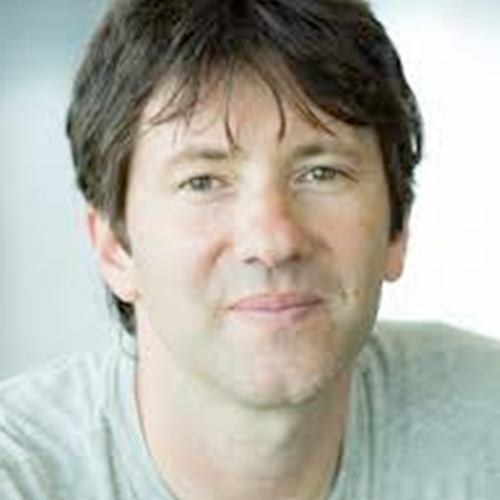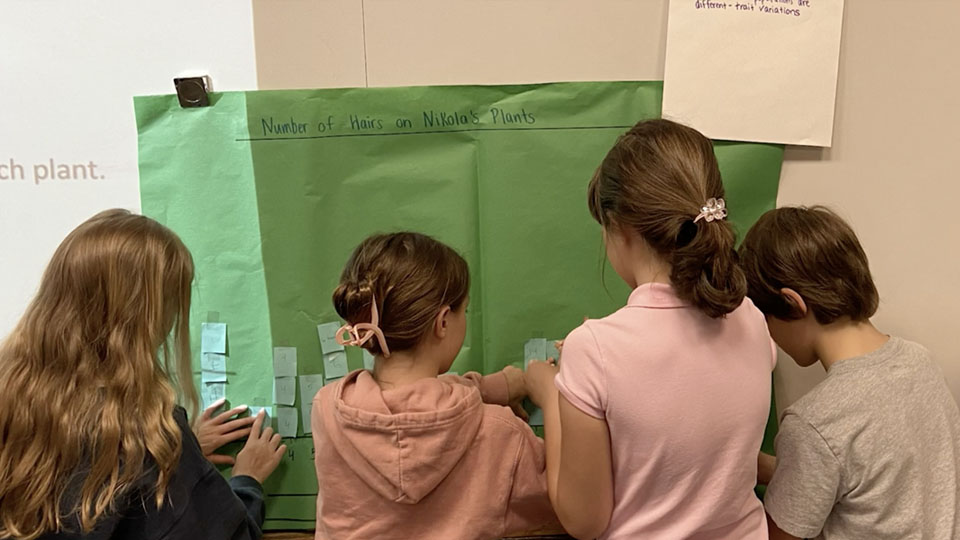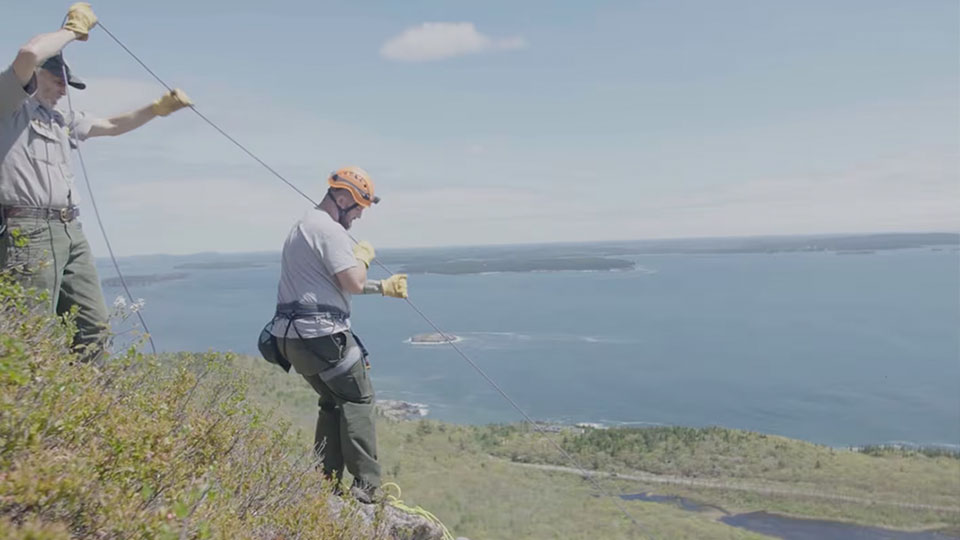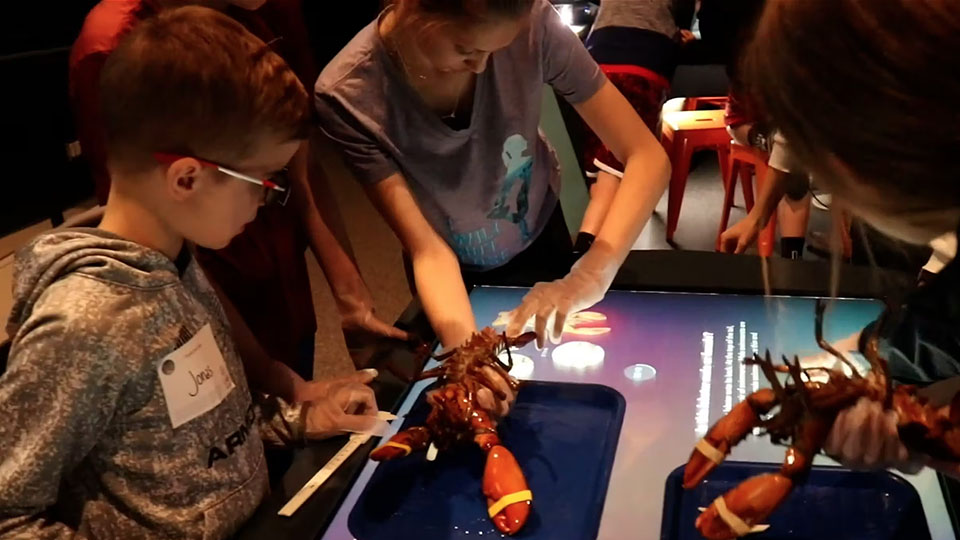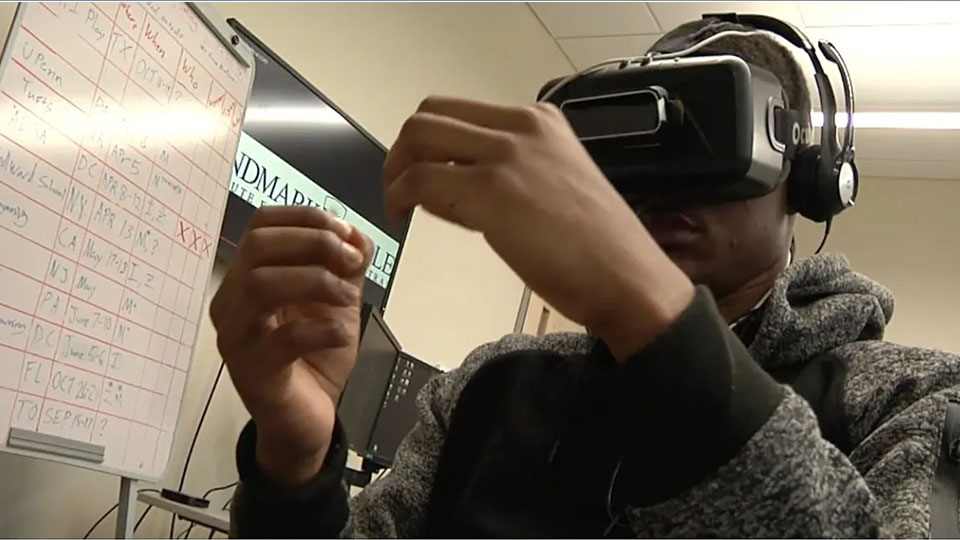iSWOOP: Behind the Lens
Description
The iSWOOP project brings together scientists, educational researchers, and park rangers to increase STEM learning opportunities for national park visitors. During the past five years iSWOOP (Interpreters and Scientists Working on Our Parks; NSF 154766 and previously 1323030) has developed and refined a model to showcase scientific research happening in five national parks. This transformative model includes the development of compelling visualizations about the innovative methods that scientists use to study the natural world. These visualizations, and the conversations they fuel, help rangers reveal how we know what we know. Thus iSWOOP project staff, park rangers, and collaborating scientists make the value of these protected places as outdoor labs visible to the public. Many have contributed to the footage and insights iSWOOP has shared with park rangers and visitors. By building teams of capable students and community-based experts in multiple disciplines (e.g., biology, film making, and digital arts), the transformational power of iSWOOP has reverberated far beyond the rangers who have participated in iSWOOP professional development. We have yet to see all the ripple effects of this collaboration.
iSWOOP collaborates with students, volunteers, educators, artists, and scientists.
If you’re interested in learning more about iSWOOP, please visit us at www.terc.edu/iswoop.
NSF Award: 1514776


